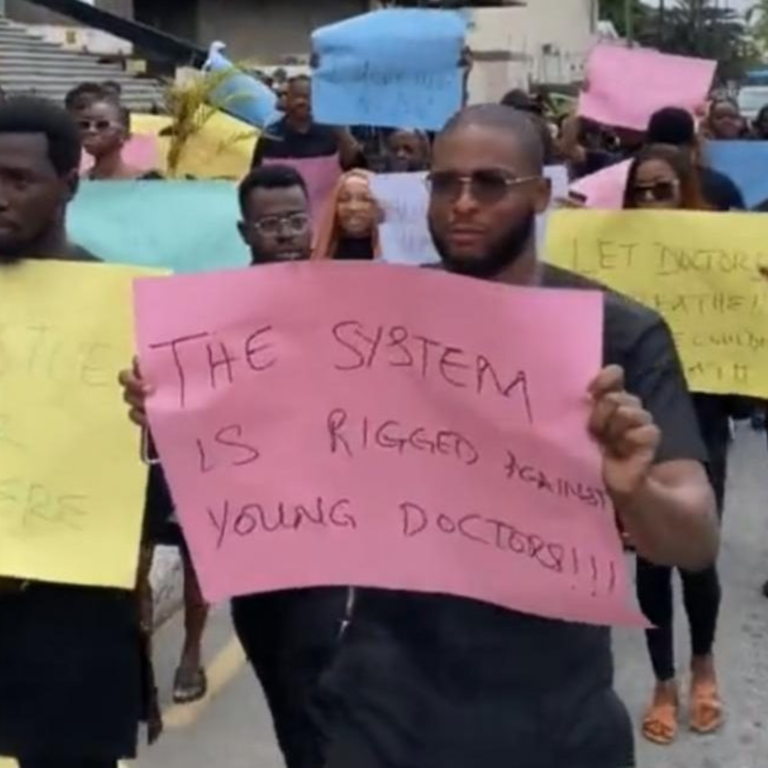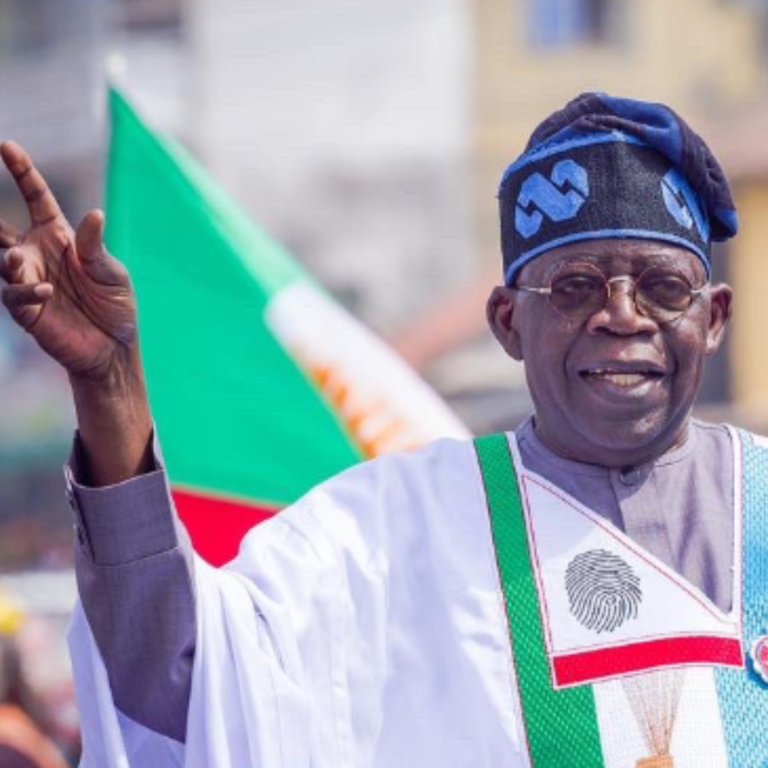Every year on June 15, World Elder Abuse Awareness Day (WEAAD) occurs to educate and sensitise people about the suffering and abuse inflicted on senior citizens. The WEAAD was officially recognised and established in December 2011 by the United Nations General Assembly in its resolution 66/127.
What is Elder Abuse?
According to the United Nations, elder abuse is “a single, or repeated act or a lack of appropriate action where there’s an expectation of trust which causes harm or distress to an older person”. In simpler terms, elder abuse is when older citizens are harmed by people they trust, such as a spouse, children, grandchildren, neighbours, or even carers.
Some of the earliest discussions around elder abuse started in the mid-70s, when British journals described it as “granny battering”. However, since then, attention has been given to checking this issue and protecting older people’s rights and quality of life, particularly in Europe and North America.
Unfortunately, the same can’t be said for Africa. Despite many people praying to reach old age, we have many cases of elder abuse in Nigerian society. But before going any further, what are the types of elder abuse?
Physical abuse
Physical abuse occurs when pain is inflicted on an elderly person. Examples include kicking, punching, pinching, over or under-medicating, starving as punishment, or exposure to severe weather.
Sadly, Nigeria has many instances of this form of abuse; in March 2022, 25-year-old Naziru Magaji was arrested in Kano state for beating up his 80-year-old grandmother, killing her, and throwing her body into a well.
Emotional or psychological abuse
This is a common type of elder abuse where insults, threats, and harassment are used to cause feelings of shame, stress, fear, or distress in an older person. This can range from name-calling, intimidation, or isolation as a form of punishment to giving them the “silent treatment”.
Sexual abuse
Sexual abuse is any form of sexual contact not consented to by the elderly. Examples include inappropriate touching, browsing through printed electronic pornographic materials in front of an older person, or other unwanted sexual behaviours. It’s sad to say that this form of abuse is rarely reported due to the shame associated with it.
Structural abuse
This is the type of abuse perpetrated by the government. For instance, the marginalisation and exclusion of elderly people from development programmes, a lack of reliable healthcare systems and welfare packages, or even a delay in the payment of gratuities and pensions
A Vanguard report on June 8, 2023, showed that about 34 states owed a backlog of unpaid gratuities, and 27 states had unpaid pensions running into billions of Naira.
Cultural abuse
Cultural abuse speaks to the attitude of people towards issues in relation to aspects of culture. It’s not uncommon to see instances of family members accusing the elderly of witchcraft, which eventually results in stigmatisation and sometimes death.
In March 2020, a viral video showed the heartbreaking scene of a man flogging his grandmother because she was declared a “witch” by his pastor. In December 2021, some youths in Rivers State beat and stripped naked an elderly woman suffering from dementia over witchcraft allegations.
However, cultural abuse also includes forbidding the older person from wearing their traditional clothes or speaking their native language in an attempt to embrace modernism.
Financial abuse
This type of abuse involves illegally exploiting or using the funds and resources of an older person. This includes taking money under false pretences, forcefully taking over assets and properties, or forging documents for fraud.
Neglect
Neglect is a common form of elder abuse, and it’s the failure to provide for the elderly’s basic necessities like medication, shelter, food, clothing, or emotional needs. One reason this is a common type of elder abuse is the current state of the Nigerian economy itself. The children and family members of the elderly are barely able to cater for their own needs, making it almost impossible to offer additional help to the elderly.
In rural communities today, we see many cases of older citizens who are victims of neglect. We spent a moving moment with an elderly woman suffering from neglect and abandonment.
Meet Kemi Cole
Kemi is a woman in her late sixties who lives in an abandoned, run-down house in Shogunle, Lagos.
“I’ve had problems from the onset of my life. I had parents, but they died early. I worked as a housekeeper until I got married. My husband was a troublesome man who drank, smoked, and used drugs. It was getting to a point where I could no longer endure the marriage, so I ran from Ibadan to Lagos with my three children, where I stayed with a friend”, Kemi says when Citizen visited her for an interview.
Kemi had high hopes for her eldest son, believing he would bring relief to her troubles upon completing school. Despite graduating from university and becoming a headmaster in Ijebu-Igbo, Ogun state, he tragically passed away at the age of 42. This devastating event shattered Kemi’s world, leaving her completely alone. Her other two children also left her following the death of her first son. For the past four years, she has been desperately searching for her second son, while her youngest child, after finishing secondary school, fell into the “wrong company,” adopted harmful habits, and has been neglecting his mother for the past three years.
“I usually run around trying to trace the movement of my last child from Oshodi to Lagos Island, but recently, I’ve not had transport money to look for him, and now, these days, it’s getting harder for me to walk around or even stand. Several years ago, I got into a motorcycle accident while taking my first child to school”. The moment with her was emotional; she broke into tears as she remembered her first son.
Kemi shares her daily struggle to find sustenance. She eats whenever possible, often resorting to offering laundry services or even begging on the streets to feed herself. Unfortunately, her legs pose a significant challenge, making these tasks even more difficult. Stripped of proper attire, Kemi relies on the kindness of others, who occasionally provide her with their old or tattered garments.
“I now stay with my friend in Shogunle, but she moved away when the house started leaking. When her rent expired, I was asked to renew the rent, but I didn’t have any money to pay. I know my days are numbered in the building because the owners have said they’ll be coming any day now to completely renovate the house, expecting everyone to leave. I’m pleading with the government to help me however they can. I have nothing; I’m simply waiting for death.”
Kemi shares that the properties in the “Face-me-I-face-you” room belong to her friend who moved out. As witnessed, the room barely had broken ceiling boards and a roof, so Kemi faces frequent exposure to rain and sun. She also always puts basins on the bed when it rains to prevent it from getting soaked.
It’s glaring that there is an urgent need for effective government intervention to protect elder abuse victims and the rights of older citizens.
What has the government done so far to prevent elder abuse?
Former president Muhammadu Buhari signed the National Senior Citizens Act 2017 to provide social services, cater for their needs, and improve the quality of life of the elderly in Nigeria. Also, under this Act, the National Senior Citizens Centre (NSCC) was established.
Additionally, the NSCC, in partnership with the National Agency for the Prohibition of Trafficking in Persons (NAPTIP), launched a toll-free line, 0800CALLNAPTIP or 07030000203, to report abuse or violence against older persons. MTN users can also dial *627#.




